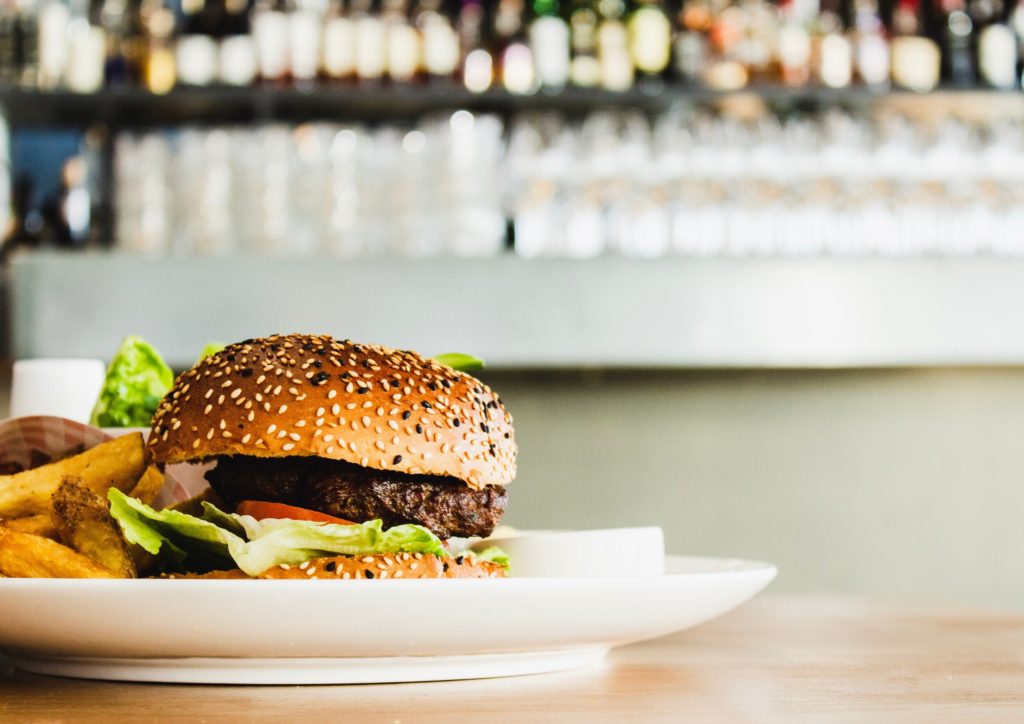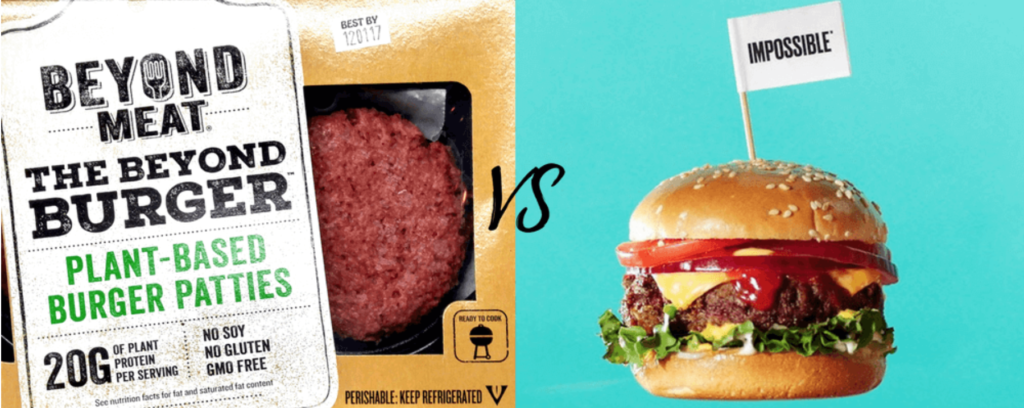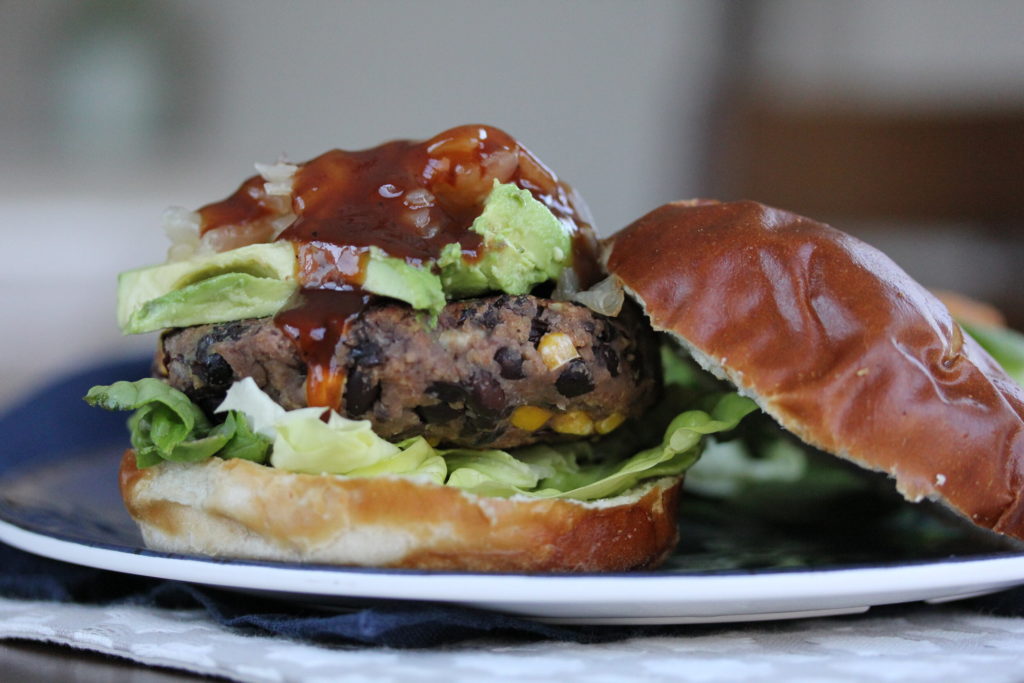Podcast Features
What do you want to learn more about?
Mentorship Program, 1:1 Nutrition Coaching with Alison
The Wholesome Journey - Group Nutrition Coaching Program
November 7, 2019
Alison Tierney, MS, RD, CD, CSO
Alison is a registered dietitian, board-certified in oncology nutrition, and a cancer thriver. Her expertise in oncology nutrition and personal experience with her own cancer diagnosis and its treatment provide her with the unique perspective of being able to relate to her clients on an entirely different level. Her content is consistently focused on evidence-based guidelines and seeks to increase the awareness of the power of nutrition to complement traditional cancer therapies.
- Alison Tierney, MS, RD, CD, CSOhttps://wholesomellc.com/author/alisonwholesomellc-com/
- Alison Tierney, MS, RD, CD, CSOhttps://wholesomellc.com/author/alisonwholesomellc-com/
- Alison Tierney, MS, RD, CD, CSOhttps://wholesomellc.com/author/alisonwholesomellc-com/
- Alison Tierney, MS, RD, CD, CSOhttps://wholesomellc.com/author/alisonwholesomellc-com/
A Dietitian’s Thoughts on “Fake Meats”: Are they Healthy?
You’ve likely heard of the Beyond Meat and Impossible Burger. They are the plant-based “burgers” that have taken the country, and even world, by storm. But a big question remains, are these “meats” healthier than real meat? This blog post will touch on some things to think about when it comes to whether or not one should consider including these products into their regular diet.

The fake meat industry is expected to become a $140 billion industry within the next decade, according to Barclays analysts.
With numbers like that, it is no surprise one of the most common questions I receive as a dietitian specializing in plant-based diets is, “What are your thoughts on the fake meat craze?”
What Would be the Point of Choosing “Fake” Meat?
The mission of Impossible Foods is to focus on “drastically reducing humanity’s destructive impact on the global environment by completely replacing the use of animals as a food production technology.”
What’s the company’s bottom line? Sustainability.
Who has a problem with sustainability? Not me!
Generally, individuals choose to focus on a plant-based diet for three main reasons:
- Health
- Environment
- Animal Rights/Agriculture
Initially, the health benefits of a whole-food, plant-based diet are what led us to our personal lifestyle choice. But over the past few years, we have found the environmental and animal agriculture benefits strengthening our decision to live a whole-food, plant-based lifestyle.
Are These “Fake Meat” Burgers a Healthy Choice?
I love the mission behind Impossible Foods and other similar brands. But the question that remains is: are they healthy?
Good question.
Let’s analyze the ingredients and nutrition components of the Beyond Meat & Impossible Burger:
Beyond Meat:
Ingredients: Water, Pea Protein Isolate, Expeller-Pressed Canola Oil, Refined Coconut Oil, Contains 2% or less of the following: Cellulose from Bamboo, Methylcellulose, Potato Starch, Natural Flavor, Maltodextrin, Yeast Extract, Salt, Sunflower Oil, Vegetable Glycerin, Dried Yeast, Gum Arabic, Citrus Extract (to protect quality), Ascorbic Acid (to maintain color), Beet Juice Extract (for color), Acetic Acid, Succinic Acid, Modified Food Starch, Annatto (for color)
Nutrition: 290 calories, 22 grams fat, 5 grams saturated fat, 450 milligrams sodium, 20 grams protein
Impossible Burger:
Ingredients: Water, Soy Protein Concentrate, Coconut Oil, Sunflower Oil, Natural Flavors, 2% or less of: Potato Protein, Methylcellulose, Yeast Extract, Cultured Dextrose, Food Starch Modified, Soy Leghemoglobin, Salt, Soy Protein Isolate, Mixed Tocopherols (Vitamin E), Zinc Gluconate, Thiamine Hydrochloride (Vitamin B1), Sodium Ascorbate (Vitamin C), Niacin, Pyridoxine Hydrochloride (Vitamin B6), Riboflavin (Vitamin B2), Vitamin B12
Nutrition: 240 calories, 14 grams fat, 8 grams saturated fat, 370 milligrams sodium, 19 grams protein
The main difference between the two burgers? The Impossible Burger contains soy, whereas the Beyond Meat Burger does not.

The main similarity between the two burgers? Both are highly processed and contain high amounts of fat — including saturated fat.
Although we focus on a diet derived from plants, we advocate for a whole-food, plant-based diet. It is true Oreo cookies are 100% derived from plants, but I think we all know Oreo cookies are not a health food!
Consuming plants in their most whole food form (e.g., an orange over orange juice) provides incredible benefits and perhaps some benefits we haven’t yet discovered. Whereas consuming highly processed plant foods doesn’t necessarily offer benefits, and may even be harmful to our health.
Both burgers:
- Contain two different oils — coconut oil and canola or sunflower oil. Although plant-based oils are touted as “health foods”, research demonstrates otherwise. Processed oils may negatively impact our endothelial cells and the blood flow within our bodies.
- Contain a high amount of saturated fat (primarily sourced from coconut oil). Regardless of where the saturated fat comes from, saturated fat has been found to increase levels of LDL cholesterol (“bad” cholesterol). Ultimately, increasing one’s risk of heart disease.
Other Considerations for “Fake Meats”
If you’ve tried either of the burgers, you may have been pleasantly surprised at how close these products do taste like a ground beef burger without a trace of meat in them. One of the components within the Impossible Burger that gives these plant-derived burgers that flavor is called heme from leghemoglobin. This ingredient provides the burger it’s red and “bloody” appearance.
In the case of the Impossible Burger, this leghemoglobin is created by fermenting yeast.
Is this safe and healthy? That’s up for debate because we don’t know. There is little to no research available regarding the long-term impact. What we do know is that heme iron found in animal proteins has detrimental effects on our health.
Is Fake Meat Healthier than Real Meat – On Occasion?
Although these “fake” meats shouldn’t be considered a health food, it doesn’t mean they can’t play a role in the diet occasionally.
Just the other day I was at a restaurant with my extended family that offered virtually no whole-food, plant-based options. If you stick with a whole-food, plant-based diet I’m sure you know how often it happens!
But, they did offer the Impossible Burger and that’s what I had. Would I have preferred a bean based burger and a side salad? Absolutely! However, that wasn’t an option.
I wouldn’t recommend “fake” meats become a regular staple within the diet. The fact is that whole, plant-based foods should be the foundation. But, if there isn’t another option (or, you genuinely miss having a ground beef burger!), opting for a plant-based burger on occasion isn’t going to derail your journey towards a healthier lifestyle.

Is a “Fake” Meat Burger Healthier than a “Real” Burger?
If you had the option between a “fake” or a “real” burger — is there a healthier choice?
Professionally (and personally), I would opt for the “fake” meat since we can still avoid animal hormones, antibiotics, heterocyclic amines, and cholesterol found within a “real” burger.
Plus, compared to a beef burger, the Impossible Burger has been found to require:
- 75% less water
- 95% less land
- 87% less greenhouse gas emissions
Certainly a drastic improvement on the sustainability front!
What’s the Bottom Line?
Although “fake” meats are derived from plants, they are not considered a healthy option as they are highly processed.
If you occasionally enjoy the flavor of a burger, or there are limited whole, plant-based options available, a “fake” meat burger is an option. However, a majority of the time, focus on fruits, vegetables, whole grains, legumes, nuts, and seeds.
How about a handheld made out of whole, plant-based ingredients? Yes, please!
Blog Updated June 2023
Is Fake Meat Healthier than Real Meat?
Wholesome LLC is not a medical practice, and its employees cannot offer medical advice. This website provides educational information but it is not a substitute for medical advice from a licensed medical professional who is familiar with your particular facts and circumstances. The information contained on this website is not intended to diagnose, treat, or cure any disease and shall not be construed as medical advice. The information and education on this website is provided for you to use at your own discretion.
You can further review our disclaimer here.
Wholesome
About Alison
Courses & Programs
The Wholesome Journey
Free Resources
FAQs
Press & Media
Recipes
Blog
Contact Us
Shop
© 2025 Wholesome, LLC All rights reserved.
Privacy Policy
Terms of Use
Disclaimer
Mobile Terms of Service